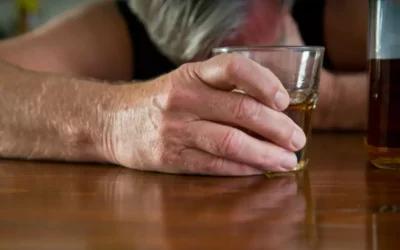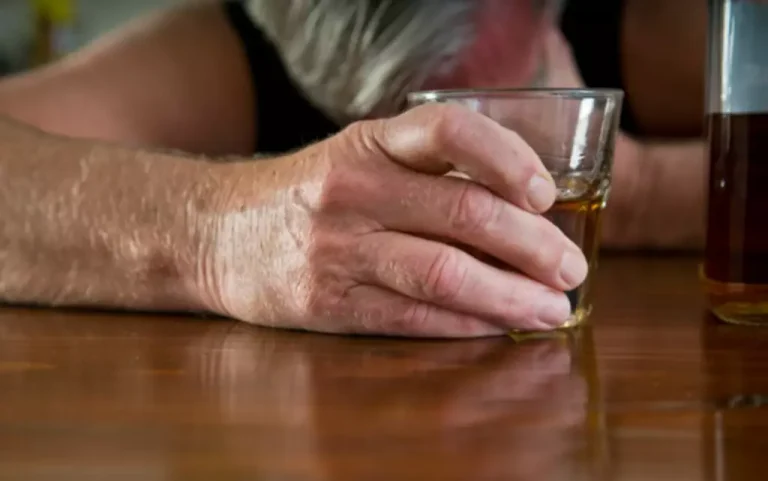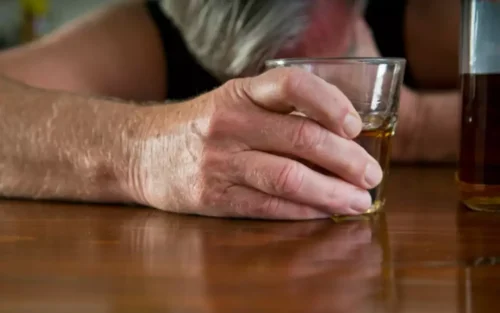
In contrast, chronic heavy drinkers are at a high risk of alcohol addiction withdrawal, as their central nervous system becomes dependent on alcohol’s depressant effects. If a person is experiencing severe withdrawal and no medical treatment is available, sometimes the only immediate solution is to drink just enough to ease symptoms. These dangerous complications can be managed through an understanding of alcohol withdrawal and seizures. Better preparation, as well as medical supervision during withdrawal, can come about by being aware of these causes. Ryan is a licensed CSW and Clinical Substance Abuse Counselor with over 12 years of experience in alcohol withdrawal seizure the field.

Stage 4: Delirium Tremens

When your body develops chemical dependence on alcohol, it adapts to a consistent marijuana addiction chemical balance change over time. When you stop drinking abruptly, a significant chemical change happens all at once. This will throw your body into chemical imbalance, which leads to uncomfortable feelings of withdrawal. Seizure prevention is a key focus of medical detox programs, which use evidence-based methods to manage withdrawal symptoms. Medical professionals can help manage withdrawal symptoms and reduce the risk of complications, ensuring a safer detox process. One of the primary triggers of alcohol withdrawal seizures is the abrupt cessation of alcohol consumption.

Inpatient Alcohol Treatment at Northridge Addiction Treatment Center
Tolerance and physical dependence occur due to compensatory functional changes in the brain. If you consistently consume significant amounts of alcohol, your CNS gets used to this effect. Your CNS must work harder to overcome the depressant effects of alcohol to keep your body functioning. Each of these symptoms can increase in intensity depending on the severity of the withdrawal. At The Springboard Center, we offer individualized medical detox plans tailored to each patient’s needs, ensuring a safe and comfortable experience. When alcohol use is stopped suddenly, the body, which has developed a dependency on alcohol to maintain normal functioning, experiences a state of shock.
- The Jellinek Curve provides a valuable framework for understanding the progression and recovery phases of alcoholism.
- No biomarker can be recommended for screening of unselected seizure populations (06; 08).
- It is produced naturally through the breaking down of sugars in plants and fruit.
- Parenteral phenobarbital should be used with caution and in a setting with frequent supervision due to the risk of sedation and respiratory depression (79).
Importance of Immediate Medical Attention
- For abusers, the cessation of drinking can significantly increase the seizure threshold.
- Cognitive-behavioral therapy (CBT) is particularly effective in identifying and modifying thought patterns that contribute to alcohol use.
- Individuals with a history of severe withdrawal or prolonged alcohol use are at the highest risk.
- Withdrawal symptoms typically begin within 6 to 12 hours after the last drink.
- Prior to the seizure, you may also experience an “aura,” consisting of an unusual visual change, smell, taste, or sound caused by abnormal brain activity.
- However, people who are on antiepileptic drugs may have a lower tolerance for alcohol.
Parenteral phenobarbital should be used with caution and in a setting with frequent supervision due to the risk of sedation and respiratory depression (79). Phenobarbital has not been approved by the Food and Drug Administration for alcohol withdrawal. Further research with large randomized clinical trials with standardized phenobarbital protocols are needed because evidence for treatment comes mainly from observational studies (49). Studies focusing on alcohol withdrawal seizures as the main outcome are lacking (62).

Withdrawal can be unpredictable, and complications like an alcohol withdrawal seizure can develop suddenly, making it unsafe to go through the process alone. Getting professional help during alcohol withdrawal is important for your safety and recovery. Long-term alcohol use can increase your risk of developing epilepsy, a condition where you are prone to having seizures. While the reason for this is not fully understood, alcohol does create changes in receptors in your brain that affect your likelihood of having a seizure. While epilepsy can develop on its own in people who do not use alcohol, long-term alcohol use will increase the risk of epilepsy developing in some people.
Treatment Can Be Life Changing. Reach out today.
When SE does not respond to the normal seizure treatments it is referred to as “Refractory Status Epilepticus” and this occurs in about 30% of all status epilepticus cases. The typical time of onset for DTs is between 48 to 72 hours after someone has had their last drink, although it is possible to occur sooner or later. They have usually been experiencing withdrawal for many hours before DTs present. It may exhibit symptoms similar to withdrawal itself, although during DTs these symptoms are greatly magnified. There is a condition known as status epilepticus that may result in the seizure lasting longer than 5 minutes, or someone suffering several seizures in a row without a return to consciousness. To reiterate; if medical help has not already been called, this should be done immediately.
